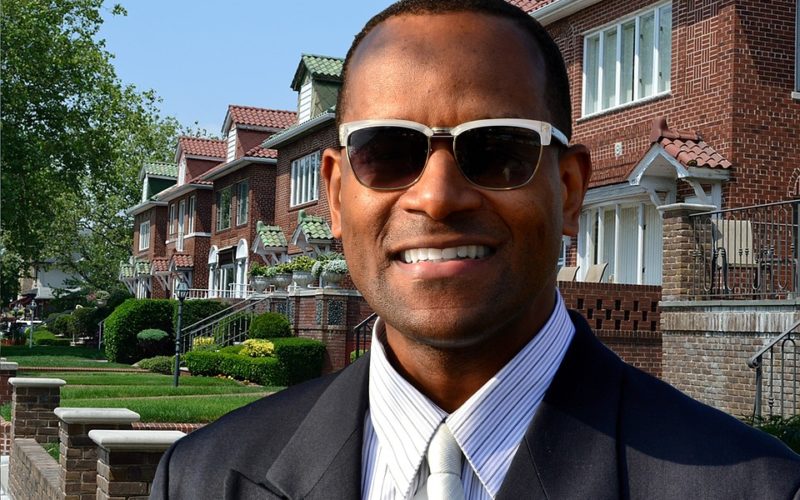The Comparison Game
The rise of social media platforms has changed the way we communicate, interact, and even perceive our own lives. With just a few taps, it’s now possible to tune into the daily happenings of friends, colleagues, and even strangers. While social media offers incredible opportunities for connection and inspiration, it has also made it alarmingly easy to compare ourselves to others. This habit of comparison comes with hidden dangers that can impact mental health and personal satisfaction.
Social media as a window into curated lives
Scrolling through Instagram, Facebook, or TikTok often feels like peeking into someone else’s highlight reel. Colourful snapshots of beach holidays, celebratory promotions, perfectly plated meals, and luxurious lifestyles dominate many feeds. It's important, however, to remember that what we see online is not a complete picture. Most users curate their profiles to showcase their best moments while omitting the challenges, struggles, or mundane realities of daily life.
This curated perspective can create a false sense of someone else having a "perfect life," making it easy for those viewing these images to feel inadequate. What remains unseen are the moments of hard work, personal setbacks, or the less glamorous side of living.
Comparisons fuel insecurities
When people compare themselves to the polished lives they see online, it can lead to negative self-assessments. You might see a post of someone achieving a professional milestone and begin to question why your career hasn’t taken the same trajectory. Perhaps you notice someone showing off their dream home, leading you to feel dissatisfied with the space you live in.
Over time, these comparisons can fuel insecurities about body image, wealth, career progress, social status, and more. It’s a slippery slope that can cause not just envy but also shame and self-doubt, as you continually feel like you’re falling short.
The impact on mental health
This constant exposure to the "best parts" of others’ lives can have measurable effects on mental well-being. Studies have connected excessive social media usage and comparison with increased rates of anxiety and depression. It can also contribute to feelings of loneliness, especially when online interactions replace face-to-face relationships.
Ironically, social media—designed to connect people—can leave individuals feeling more isolated than before. The emotional turmoil triggered by these comparisons may also lower self-esteem, creating a cycle of negativity that’s hard to break.
The façade of perfection
What often perpetuates these damaging comparisons is the societal pressure to keep up appearances online. People tend to share images and posts that meet an idealised standard, often enhanced by filters, Photoshop, or selective storytelling. For instance, influencers and celebrities frequently share content tailored to enhance their own brand—a life that may be more polished and aspirational than authentic.
This façade of perfection not only sets unattainable benchmarks but also risks normalising unattainable ideals. For the average person, comparing their real life to a carefully edited digital one becomes an unfair and harmful exercise.
Breaking the comparison cycle
Breaking free from the comparison trap requires proactive measures. To start, it’s worth curating your own feed. Follow accounts that uplift and inspire rather than those that spark envy or dissatisfaction. Engage with content that celebrates authenticity and openness, and don’t shy away from taking digital breaks to focus on real-world experiences.
Another effective strategy is to remind yourself of all the unseen struggles behind every "perfect" post. People rarely broadcast their personal challenges online, so the person whose life looks flawless may be navigating unseen issues just like you.
Focus on self-growth and gratitude
Instead of benchmarking your progress against someone else’s highlight reel, shift your perspective inward. Celebrate your own milestones, no matter how small they might seem in the grand scheme. Reflect on areas where you’ve grown and the unique qualities that set you apart.
Practising gratitude can also help combat feelings of inadequacy. Take time to recognise what’s going well in your life, from good health and supportive relationships to personal achievements.
Social media is a powerful tool, but it comes with its own set of challenges. While it offers a window into the lives of others, that window rarely shows the full picture. By becoming more mindful of our consumption habits and challenging the urge to compare, we can protect our mental health and rediscover the beauty of living authentically. After all, someone else’s life—even their most glamorous posts—doesn’t diminish the value of your own journey.










